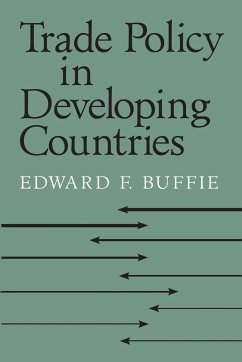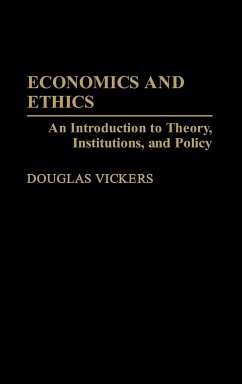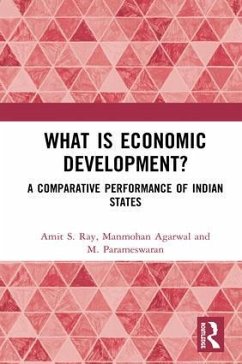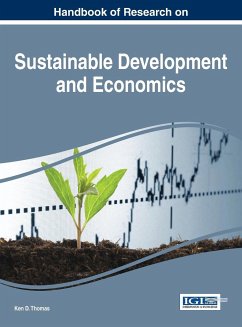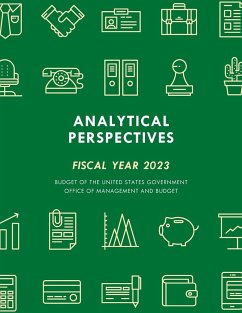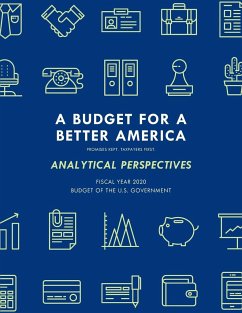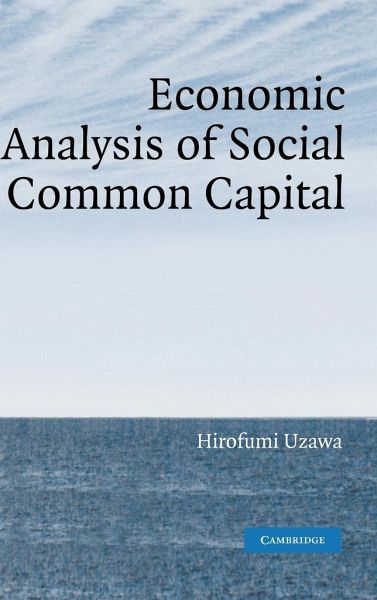
Economic Analysis of Social Common Capital
Versandkostenfrei!
Versandfertig in 1-2 Wochen
127,99 €
inkl. MwSt.
Weitere Ausgaben:

PAYBACK Punkte
64 °P sammeln!
Social common capital provides members of society with those services and institutional arrangements that are crucial in maintaining human and cultural life. Social common capital is comprised of three categories: natural capital, social infrastructure, and institutional capital. Natural capital consists of natural environment and resources including the Earth's atmosphere. Social infrastructure consists of roads, bridges, public transportation systems, and public utilities. Institutional capital includes hospitals, educational institutions, judicial and police systems, public administrative s...
Social common capital provides members of society with those services and institutional arrangements that are crucial in maintaining human and cultural life. Social common capital is comprised of three categories: natural capital, social infrastructure, and institutional capital. Natural capital consists of natural environment and resources including the Earth's atmosphere. Social infrastructure consists of roads, bridges, public transportation systems, and public utilities. Institutional capital includes hospitals, educational institutions, judicial and police systems, public administrative services, financial and monetary institutions, and cultural capital. This 2005 book attempts to modify and extend the theoretical premises of orthodox economic theory to make them broad enough to analyze the economic implications of social common capital. It aims to find the institutional arrangements and policy measures that will bring about the optimal state of affairs in which the natural and institutional components are blended together harmoniously to realize the sustainable state as suggested by John Stuart Mill.





